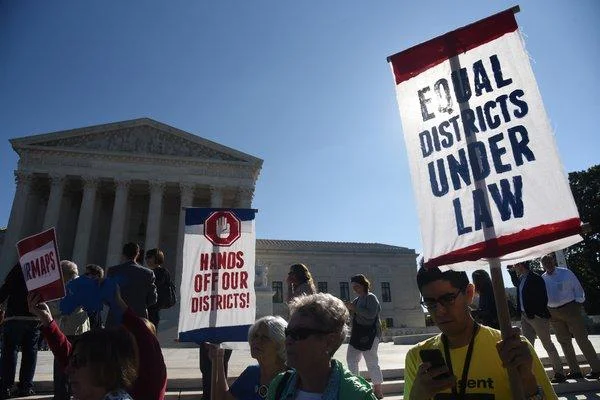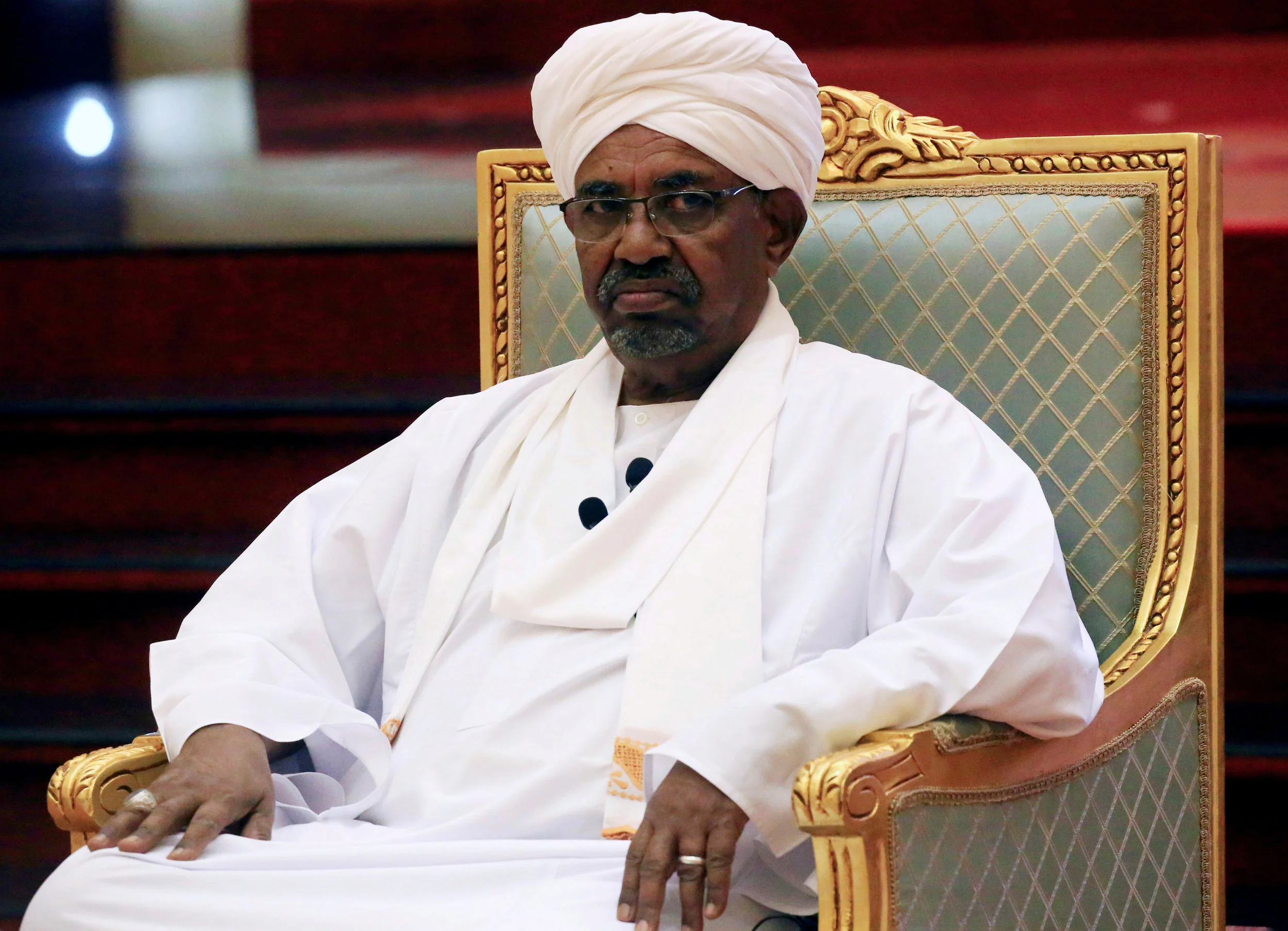Netanyahu Emerges Victorious in Israeli Election By Phillip Howard
Prime Minister Benjamin Netanyahu is poised to secure a fifth term in the Knesset after his Likud Party tied with Benny Gantz and the Kahol Lavan Party with 35 seats each. Right wing parties have indicated they will work with Netanyahu and the Likud party to form a coalition government. This will give Netanyahu about a ten seat majority (depending on final results) over the rival Center-Left bloc and positioning him to become the longest serving Prime minister.
The election was narrow throughout. Some exit polls suggested Gantz and the Kahol Lavan party won, prompting Gantz to thank supporters and state that “the Israeli public had their say.”
Later results found Likud ahead by a narrow margin, prompting Netanyahu to declare victory and state he would “begin forming a right-wing government” immediately. Premature declarations of victory highlighted problems surrounding election confidence, including slowed official results and instances of electoral abnormalities, later explained as technical errors.
Photo by Oded Balilty/AP
Aside from forming a coalition government, Netanyahu faces corruption-related indictments and a delicate situation with the West Bank. Natan Sachs, director of the Center for Middle East Policy at the Brookings Institution, believes “the real game is about the indictment,” particularly whether Netanyahu will be granted immunity is still up in the air.
Netanyahu could possibly seek to informally pursue legal immunity in exchange for annexation in the West Bank, a controversial move that would establish complete Jewish sovereignty. Khaled Elgindy, a senior fellow at Brookings, contends that “such a move would likely signal the death knell of the two-state solution and move Israel closer to a formal apartheid reality on the ground.”
Benny Gantz
Conflict between Israel and Palestine correlates with conservative parties performing well in elections. The center-left Labor Party, who dominated Israeli politics during the twentieth century, has not won since 1999. Netanyahu has moved in a more conservative direction since 2009 to ward off potential right-wing challengers. Netanyahu’s main opposition this year, led by Gantz, a former general, was a centrist party who also emphasized national security.
What happens next is unclear, though the balance between Israeli democracy and Palestinian freedom may be as delicate as ever.
Phillip Howard is a graduate student at Utica College







